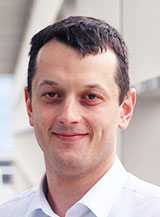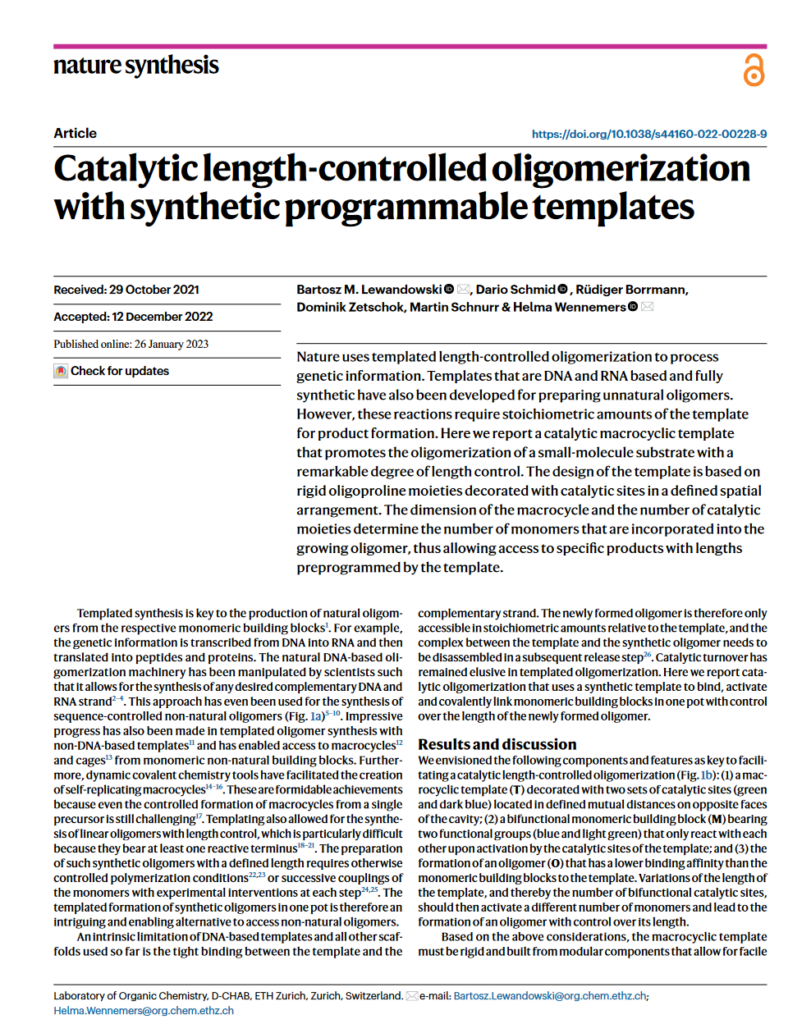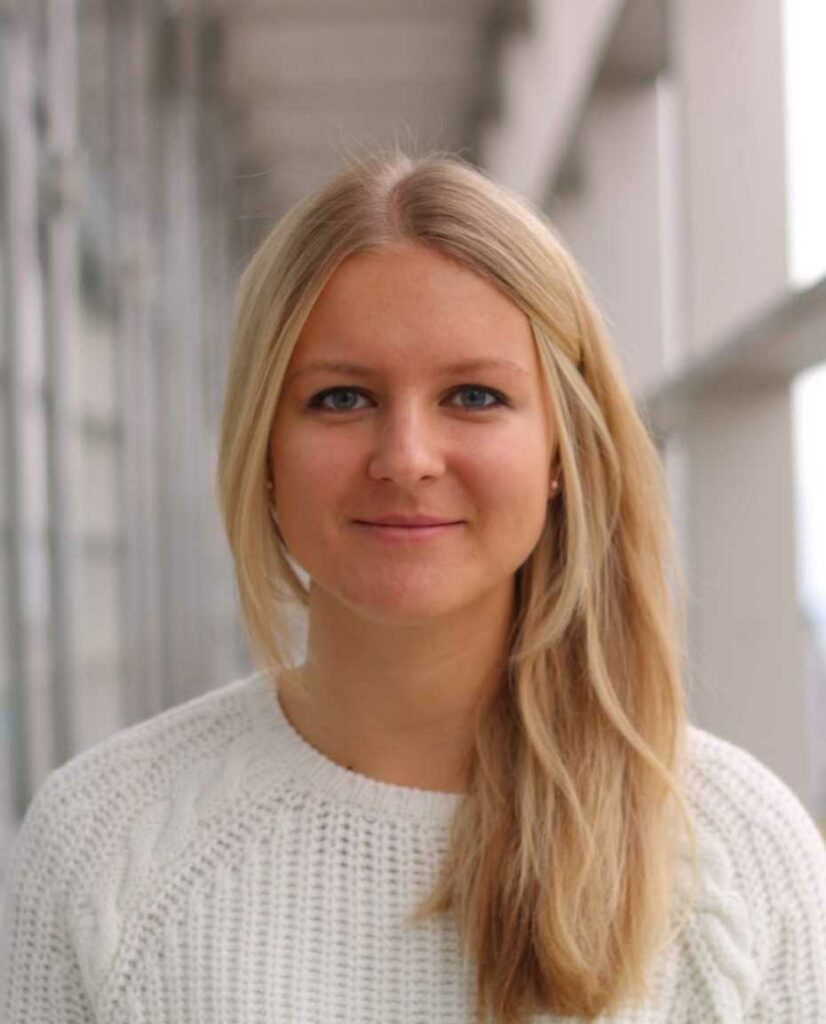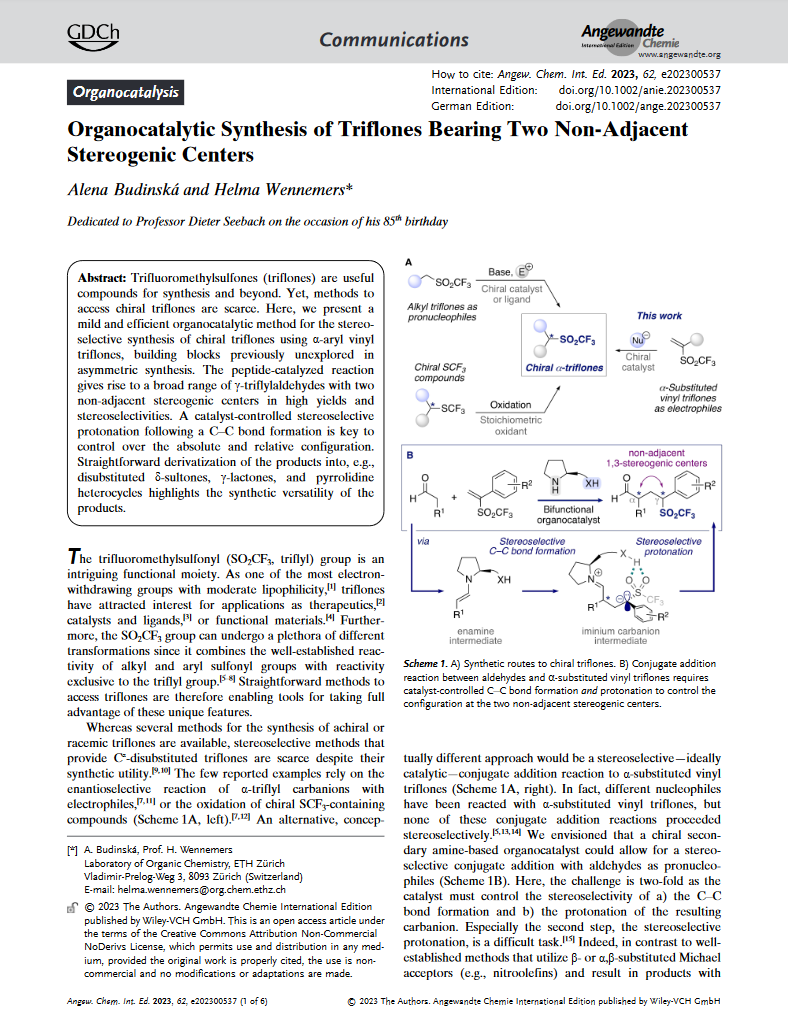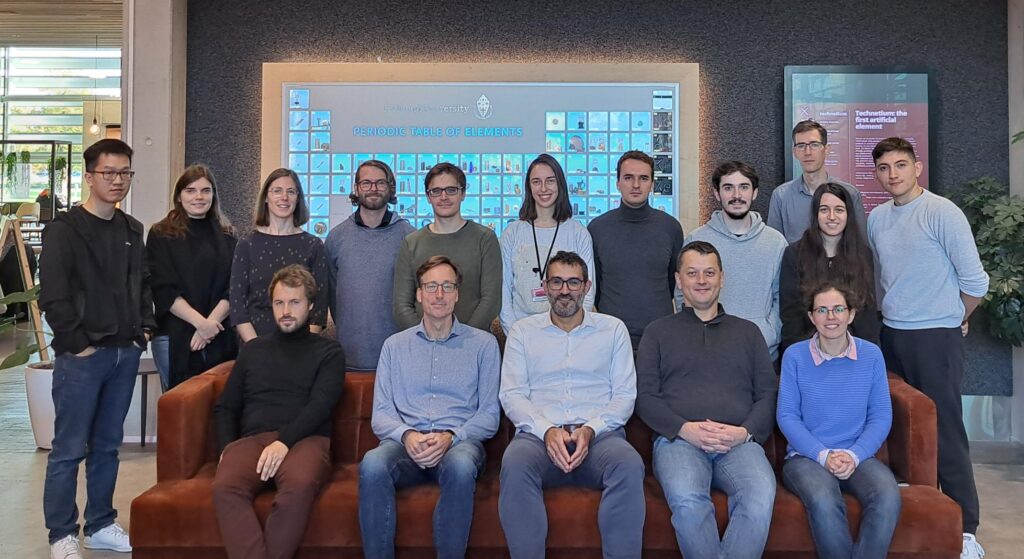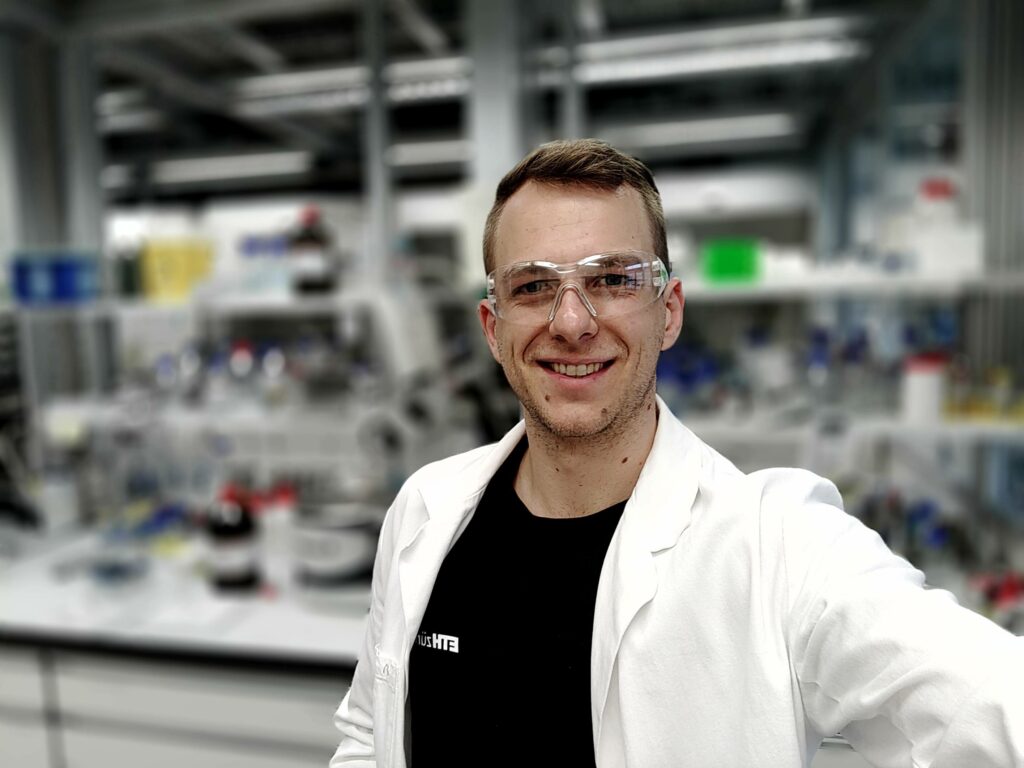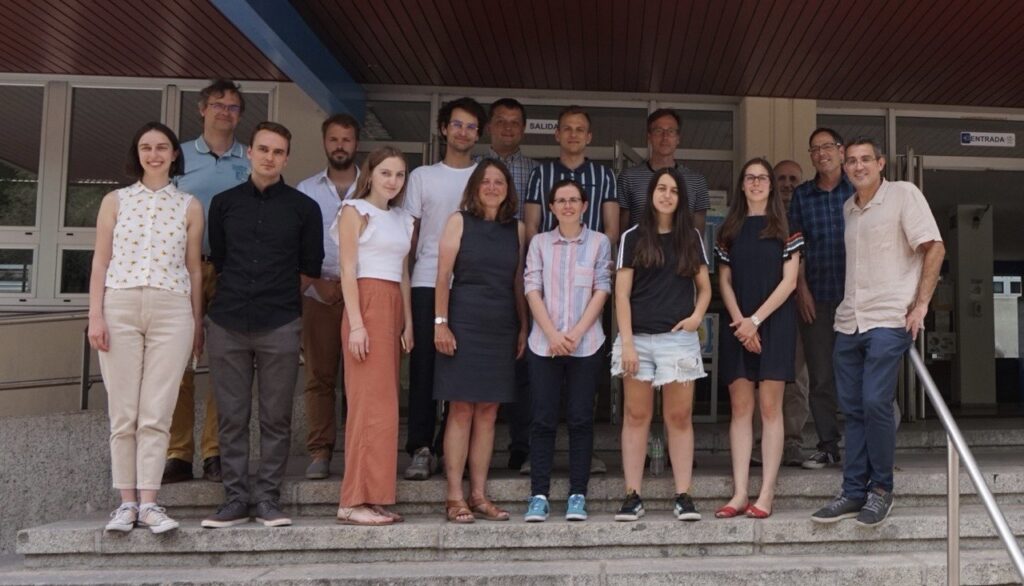The 17th International Symposium on Macrocyclic and Supramolecular Chemistry (ISMSC 2023) took place during 25-29th June in Reykjavik, Iceland. The conference brought together approximately 500 scientists from all over the world. There was a breadth of topics covered, with a particular emphasis on supramolecular self-assembly, incl. dynamic, out-of-equilibrium and stimuli responsive systems, as well as molecular recognition and sensing.
Dr. Bartosz Lewandowski, Senior Scientist in the Wennemers Group at ETH Zurich, had the opportunity to present the work of the Wennemers Group on catalytic templated length-controlled oligomerization both in the form of a flash presentation and a poster, winning one of the awards for the best posters during the conference:
The results presented raised a lot of interest of the conference attendees. As Dr. Lewandowski's words: “I had many engaging and stimulating discussions during the poster session and afterwards covering both the already obtained data as well as new potential avenues and ideas for the project. Overall, I thoroughly enjoyed the five days in Reykjavik filled with outstanding science.”
Curious to learn more about the other results of the CLASSY project? Visit our Results page to learn more and follow @CLASSY_H2020 to stay tuned on the upcoming project updates.

